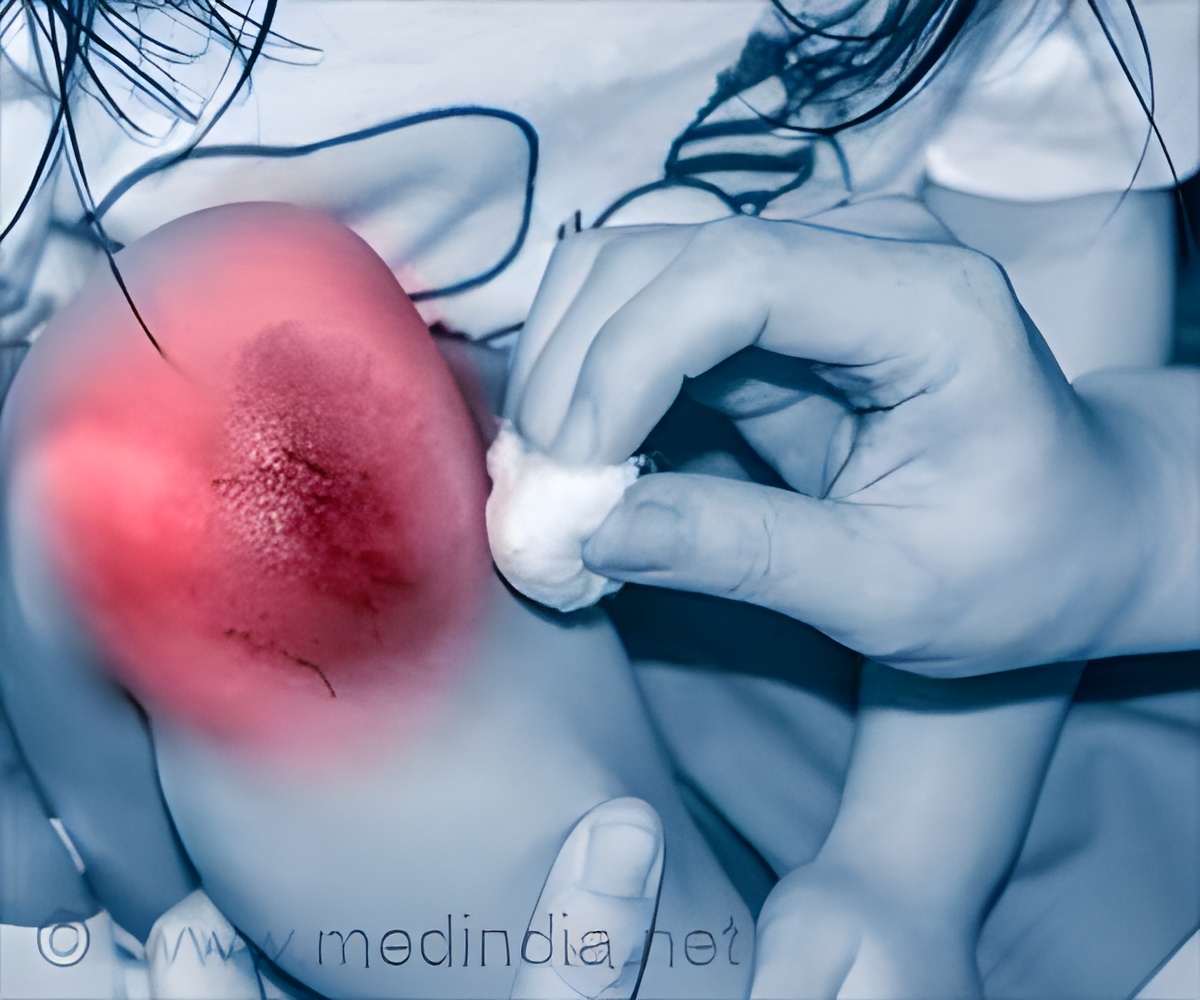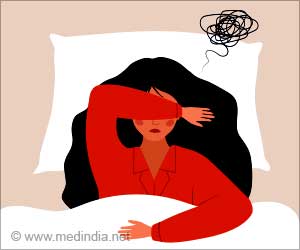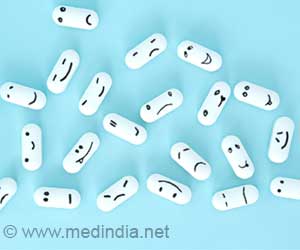Mental effects on physical health involve emotions (e.g., stress, inflammation, immunity) and behaviors (like healthy actions from beliefs).

Physical healing as a function of perceived time
Go to source) Their study, published late last month in Nature Scientific Reports, challenges conventional beliefs about psychological influences on physical health. The findings suggest a broader range of psychological influences than is currently appreciated.
‘Psychological impacts on physical health are commonly seen through their effects on emotions (like stress, inflammation, and immune response) and behaviors (such as promoting healthy actions through beliefs). #wounds #healing’





To complete their study, the authors used a standardized procedure to mildly wound volunteer subjects. Perceived time was then manipulated in the lab, with each study participant completing three experimental conditions: Slow Time (0.5x real time), Normal Time (1x real time), and Fast Time (2x real time).
Perceived Time's Impact on Wound Healing
Wounds were documented as healing faster when participants believed more time had passed. Likewise, the healing process proved slower when less time was perceived to have gone by. Actual time elapsed was the same under all three conditions.Further research is underway to better understand the underlying mechanisms and broader implications of these findings. In the meanwhile, the study makes a compelling case for more fully incorporating the idea of mind-body “unity” into subsequent inquiries on mind-body health effects. In particular, researchers are urged to consider a broader range of psychological influences on physical health.
This research suggests abstract beliefs about how our bodies work also directly shape physical health.
Reference:
- Physical healing as a function of perceived time - (https://www.nature.com/articles/s41598-023-50009-3)











